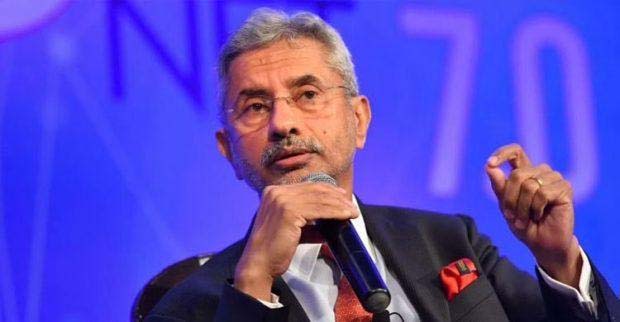Pune: External Affairs Minister S Jaishankar spoke on Friday, articulating a shift in India’s foreign policy trajectory since 2014, particularly regarding its approach to terrorism. Jaishankar addressed young individuals at an event entitled “Why Bharat Matters: Opportunities for Youth and Participation in the Global Arena.”
When asked about challenging international relationships, he highlighted Pakistan as a complex neighboring entity, noting India’s responsibility due to geographical proximity. He recalled the historical context of 1947 when Pakistan deployed tribal infiltrators into Kashmir, prompting a response from the Indian Army and the subsequent integration of the state.
During the Army’s actions, India turned to the UN and described the incursions as a matter of tribal unrest rather than terrorism. Jaishankar suggested that a firmer stance on Pakistan’s use of terrorism from the outset might have led to a different strategic approach.
Jaishankar emphasized that terrorism is unacceptable under any circumstances.
On the question of continuity in foreign policy, he acknowledged both consistencies and adjustments, noting the prominent shift concerning terrorism. Post-Mumbai attacks, there was unanimous agreement on the necessity of response. However, initial caution stemmed from perceived costs associated with confronting Pakistan directly.
Jaishankar posed a rhetorical question: if a tragedy like Mumbai (26/11) recurred today and there was no response, how could one deter future attacks?
He emphasized that terrorists must not harbor the belief that cross-border sanctuaries shield them from retaliation. Since they abide by no codes of conduct, the counterstrategy must similarly adapt without conventional constraints.









